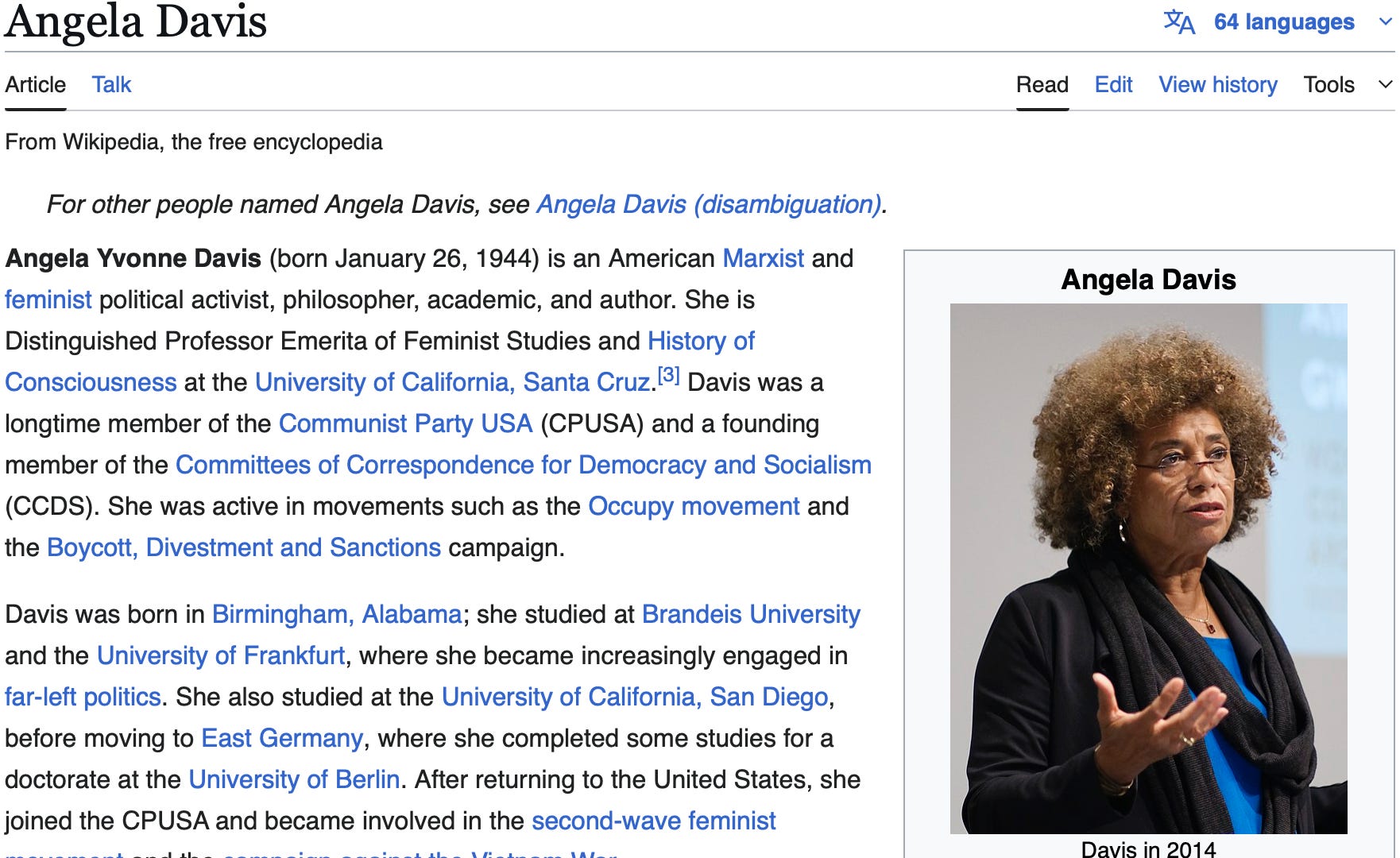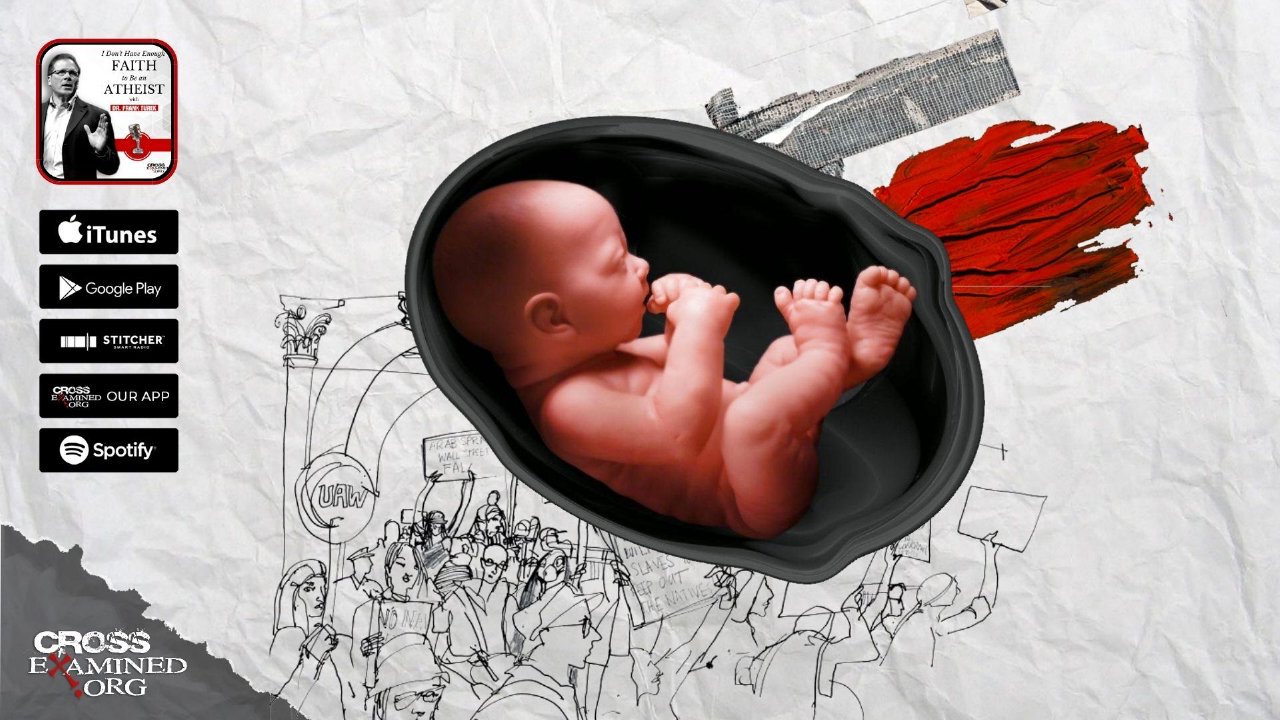Class Guide: How to Avoid Filth
As students around the country get ready to go back to school, our universities are eagerly awaiting their next round of freshmen. If you’re a parent or student, you will need to know how to find classes that help you become wise and lead a virtuous life. As a professor, I can provide you with some ideas.
First, go to your university’s course schedule and see what is offered. If a class interests you, check out its syllabus. If the professor will not make their syllabus public, that is a bad sign. You can email and request it. What you want to see is the reading list and the kinds of lecture materials that are used. That will tell you if there is bias.
For example, take a look at your university’s Honors College or Gender Studies courses to see if there are classes on left-wing advocacy, left-wing border and immigration theory, LGBTQ+ sex philosophy, and even gender problems for transhumanists. Doesn’t all of that sound delightful! You just know that employers are waiting with bated breath to hire graduates who can discuss transhumanist sex philosophy on the border.
A few of these courses post the books they use, which is where you’ll see thought leaders like Angela Davis—so you know you’re in for some unbiased critical reflection.

Look at that list of accomplishments! Parents, aren’t you excited to pay thousands for your children to learn by reading a feminist Marxist who lived in East Berlin!
When they are accidentally honest about their reading list you see that they are self-described Marxists. Not many syllabi are offered publicly, however. And that is what we need to change. A public university funded by public tax dollars should be required to make the content of its classes public. I’m working on it with the Arizona State Legislature.
Second, ask the professor (in a respectful manner) about their own personal bias and how it affects the class content. Ask if they are aware of their own spin when they interpret a text. Then, ask [if, or] why other voices aren’t included—such as conservatives and Christians.
Third, take note when, during the semester, the professor inserts personal opinions or takes shots at conservatives and Christians. Report this to the state legislature. Or, you can contact me and I’ll give you the contact info. I help many students navigate the leftist bias they encounter.
Fourth, look for any proof that the professor is wise. If you were taking a course on business, you’d want proof that the professor understands business. And so, with a humanities class, do you have any proof that the professor is wise? There are a few ways to do this.
Observe how this professor lives. Does this professor worship and honor God? Does this professor confess their need for Christ? Or does this professor worship an idol, or even a demon—perhaps the gods Eros and Bacchus? If the professor cannot tell the difference between God the Lord and Eros, they won’t be able to help you learn to be wise.
Next, ask the professor which philosophers influenced them. If they say Marx, Freud, Heidegger, or Habermas, then they cannot be wiser than their teachers. Those figures offered self-contradictory philosophies to the secular world. Their philosophies are empty of transcendent meaning and have only led to despair and collapse.
If a professor can’t see that their own beliefs are self-contradictory, and if they haven’t been able to lead a good life directed toward our highest end, then they won’t be able to help you learn [very much]. It is worth your time to do your due diligence and avoid these kinds of classes.
I’ll have more soon as we see syllabi begin to be published for the public . . .
Recommended Resources:
Defending the Faith on Campus by Frank Turek (DVD Set, mp4 Download set, and Complete Package)
Was Jesus Intolerant? (DVD) and (Mp4 Download) by Dr. Frank Turek
Jesus vs. The Culture by Dr. Frank Turek DVD, Mp4 Download, and Mp3
Counter Culture Christian: Is the Bible True? by Frank Turek (Mp3), (Mp4), and (DVD)
Dr. Owen Anderson is a Professor of Philosophy and Religious Studies at Arizona State University, a pastor, and a certified jiu-jitsu instructor. He emphasizes the Christian belief in God, human sin, and redemption through Christ, and he explores these themes in his philosophical commentary on the Book of Job. His recent research addresses issues such as DEIB, antiracism, and academic freedom in secular universities, critiquing the influence of thinkers like Rousseau, Marx, and Freud. Dr. Anderson actively shares his insights through articles, books, online classes, and his Substack.
Originally posted at: https://bit.ly/4lQqtNs











